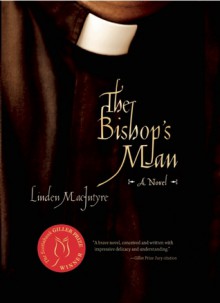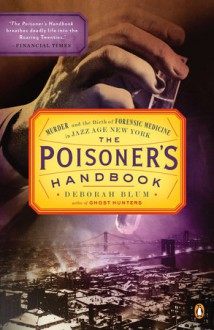
This is solid, psychologically sound and surprisingly good fiction from an author who's made his name as a journalist, and who, moreover, chose a ripped-from-the-headlines theme for his 2009 novel. He writes as his protagonist a senior Roman Catholic priest in eastern Canada, whose career has been the quiet "management" of priests committing various types of abuse. When I heard the premise, I was expecting something far more simplistic, but this main character has a whole past of his own to deal with, as well as facing the implications of what he has done at the behest of his Bishop and his Church. Far from getting its prize-winning status for any political correctness, I think in fact the nuance and ambiguity of this fiction may have worked against it with some readers who might be looking for more denunciation and less authorial empathy and understanding.
You need to pay a certain amount of attention in the opening chapters to follow the chronological back-and-forth, as Duncan MacAskill (well-named, as he asks himself more and more difficult questions) moves in recollection between the present and the various crucial periods of his past life: notably his childhood (did his father abuse his sister?); and his exile in Latin America, where he was tempted to a relationship with a woman for himself, and also saw the violent death of an idealist. MacAskill has to face up to the untimely death of a young man in his new parish, a death that may or may not be directly attributable to some of MacAskill's "management" in the past. And he is himself drawn into alcoholism, and then into a criminal act by fury against a revealed abuser; I won't say any more than that. But there is incident as well as psychological insight if you're willing to wait for it.
Some will be maddened by the ending that does not have the expected pointed moral (or catharsis). But I thought it was exactly right, in a novel where there are terrible things that are definitely wrong, but yet nothing is ever completely black-and-white.



 Log in with Facebook
Log in with Facebook 



















